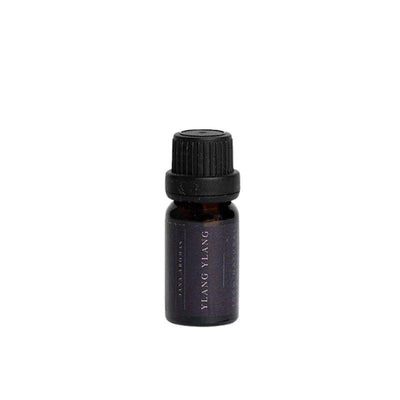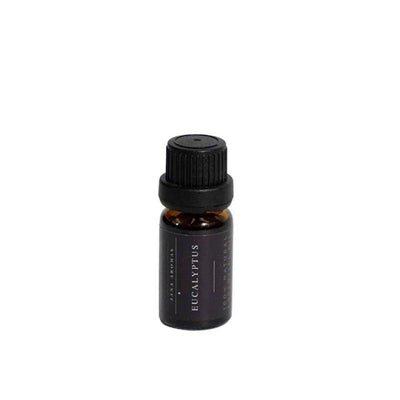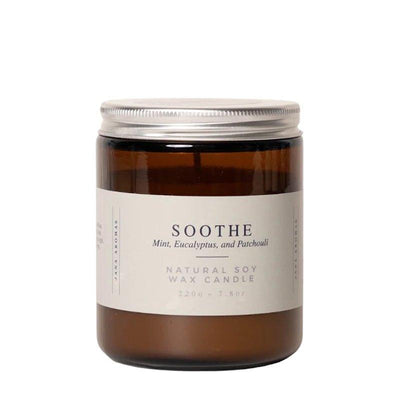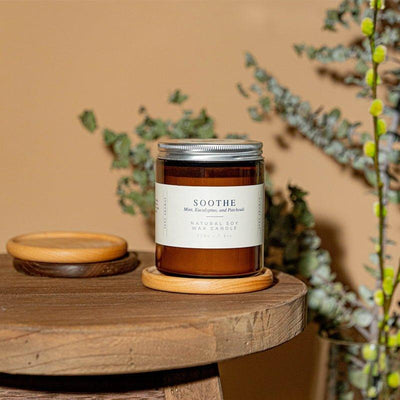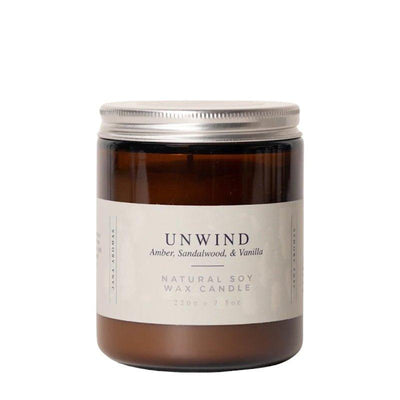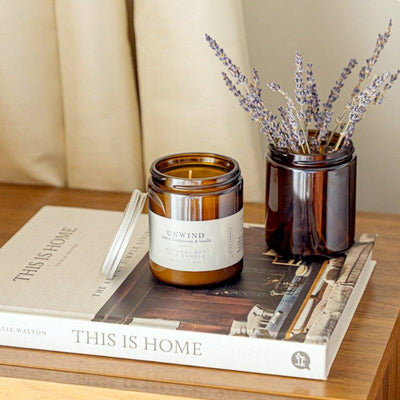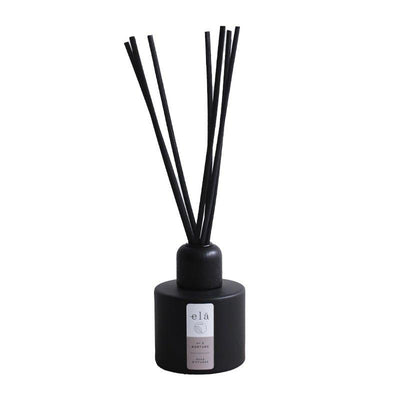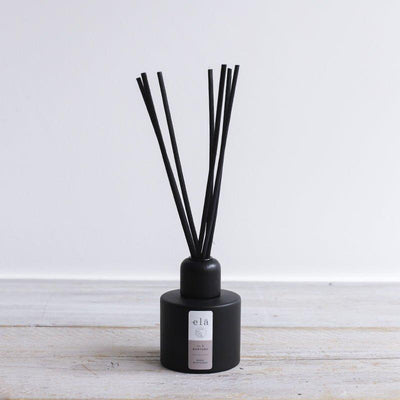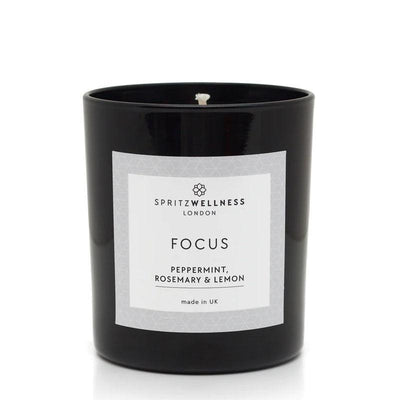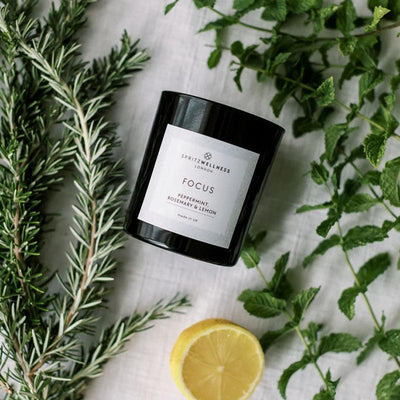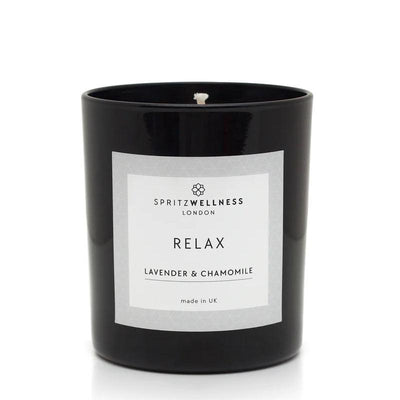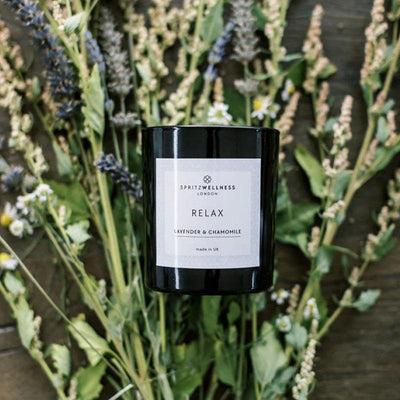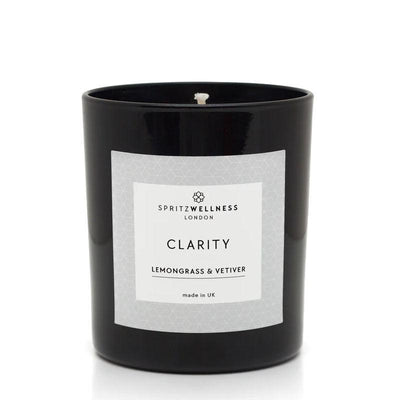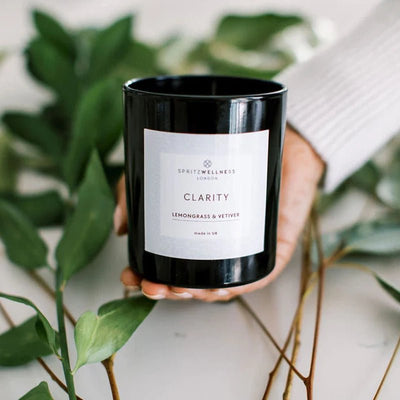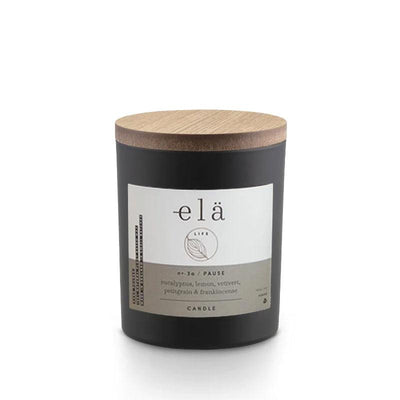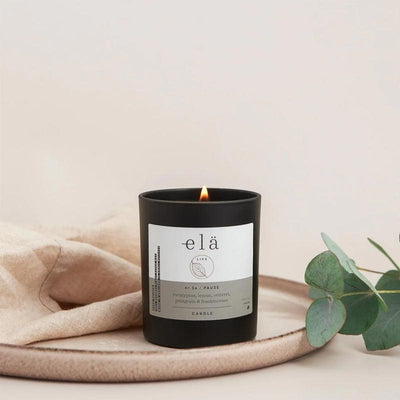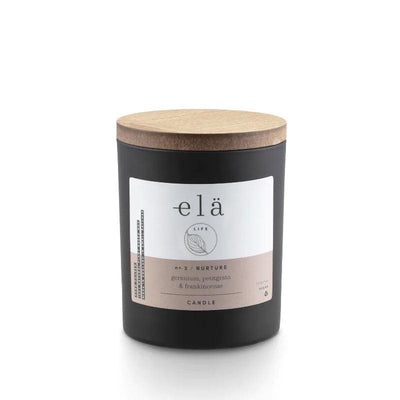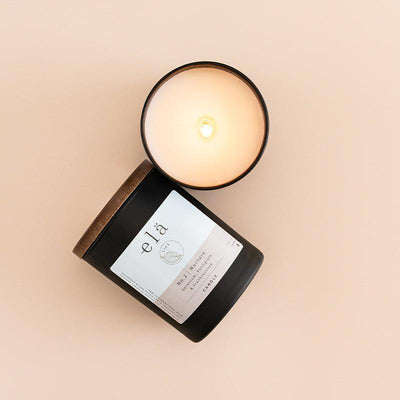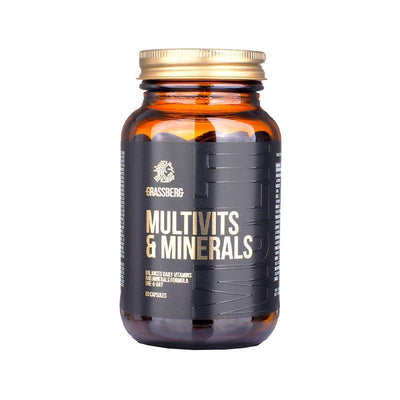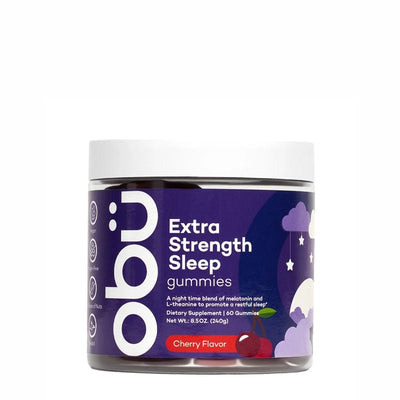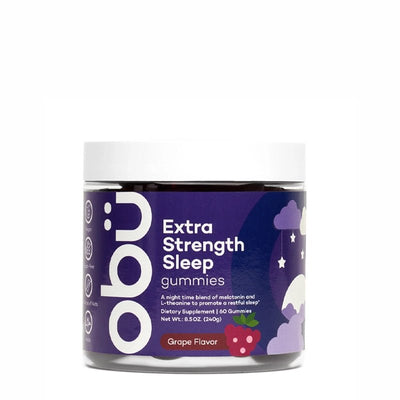Can Aromatherapy & Essential Oils Be Your Key to Relaxation?

Have you ever tried using an aroma oil diffuser and found yourself feeling more relaxed? Or perhaps you’ve heard friends talking about how scented candles have turned their homes into calming sanctuaries. These stories are becoming common, with more people exploring aromatherapy oils for anxiety and depression. The buzz around finding the best essential oil diffuser is growing, and here at Waha Lifestyle, we’re tuning into this conversation. But what’s the real deal? Do these aromatic products genuinely make a difference, or is it all just pleasant scents? Let’s explore.
The Essence of Aromatherapy
So, what exactly is aromatherapy? In simple terms, it’s a practice that uses natural oils extracted from flowers, leaves, bark, stems, and other parts of a plant to enhance psychological and physical well-being. The inhaled aroma from these "essential" oils is widely believed to stimulate brain function and promote whole-body healing.
Aromatherapy isn’t a new trend; it has roots in ancient cultures. From the Egyptians to the Greeks, many have turned to essential oils for therapeutic purposes. These age-old traditions have evolved and found a place in our modern world, where the hustle and bustle of daily life have us seeking moments of mindfulness and relaxation.
At Waha Lifestyle, we think aromatherapy is more than a trend. It’s a way to bring a bit of calm into your everyday busy life. Whether it’s through simply using things like scented candles or an oil diffuser to help you relax, we believe in the power of these small acts to make a big difference in well-being. After all, it’s these moments of mindfulness that add up to a life well-lived.
Scientific Insights into Essential Oils
Let's delve into the fundamentals: What does science reveal about essential oils? While some studies highlight the benefits of certain oils in managing stress, promoting sleep, and combating infections, it’s also important to note that not all oils are a magic cure, and more research is needed to fully understand their benefits.
Main Essential Oils and Their Benefits:
* Lavender: Promotes relaxation, aids in sleep, and supports skin health.
* Tea Tree: Known for its antiseptic properties, it is beneficial for treating wounds and preventing infections.
* Peppermint: Energizes the mind, aids digestion, and provides relief from headaches.
* Eucalyptus: Assists with respiratory issues and offers a cooling sensation to the skin.
* Lemon: Uplifts mood, serves as a natural disinfectant, and bolsters immune function.
A 2021 study, highlighted by the National Center for Biotechnology Information, revealed that lavender oil can significantly enhance sleep quality. This finding suggests that the aroma of essential oils might offer a solution for those challenging sleepless nights. Check out the study here
While these benefits are backed by various studies, it's crucial to remember that essential oils are not a one-size-fits-all solution. Their effectiveness can vary based on individual needs and body chemistry. Before integrating them into your routine, especially for therapeutic purposes, it's always wise to consult with a healthcare professional.
At Waha Lifestyle, we encourage exploring and finding what works best for you, always keeping in mind the importance of balance and well-being. And who knows, you might find a scent that brightens your day!
Essential Oils for Relaxation and Stress Relief
Let’s dive into some essential oils known for their relaxing properties. Lavender is a go-to for many; it’s known for promoting sleep and helping people relax. Chamomile is another favourite, often used to calm nerves and encourage relaxation.
But how do you use them? It’s pretty straightforward! You can add a few drops to an oil diffuser, mix them with carrier oil for a soothing massage, or even sprinkle a bit in your bath for a spa-like experience. And if you’re on the go, a dab on your wrists or temples can be a quick fix for stress.
Incorporating these oils into your daily routine doesn’t have to be a chore. It’s about finding small moments to pause, breathe in, and reset. Whether it’s starting your day with an energizing citrus scent or ending it with the calming aroma of eucalyptus, it’s these little additions that make a big difference in creating a relaxed and mindful lifestyle. So, why not give it a try and see what works best for you?
Safe Use & Exploration
Be especially mindful of the quality of the oils you choose. Opting for pure, high-quality oils without additives is crucial – that’s when you truly unlock the real benefits. Read labels carefully, and steer clear of oils with synthetic fragrances or impurities.
Also, some essential oils can interact with medications or may not be suitable for people with certain health conditions, pregnant women, or infants. It’s always a good idea to consult with a healthcare professional if you have any doubts or health concerns.
Remember to keep essential oils out of reach of children and pets, and never ingest them unless under the guidance of a health professional. Using a diffuser? Ensure good ventilation, especially around children, pets, or pregnant women.
Exploring the world of essential oils can be a journey of discovery. Take your time, try different oils, and see what resonates with you. Every person is unique, and finding what works best for you can help you enjoy a more relaxed and mindful lifestyle.
Shop Our Curated Selection of Products
Mindfulness Meditation
Mindfulness meditation is a powerful tool that can help you cultivate greater awareness and presence during Ramadan. By practicing mindfulness, you can learn to be fully present in each moment and appreciate the blessings of this month more fully. This can help you develop greater gratitude and a deeper sense of connection with your mind and body.

Here are some tips for incorporating mindfulness meditation into your Ramadan routine:
1. Start your day with a short meditation. Set aside five to ten minutes each morning to sit in silence and focus on your breath. This will help you start your day with a sense of calm and inner peace.
2. Practice mindful eating. When you break your fast each evening, take a few moments to reflect on your and savor each bite of food. Pay attention to the tastes, textures, and smells of the food, and eat slowly and mindfully.
3. Take a break from technology. During Ramadan, try to limit your use of technology and social media. Instead, spend more time in nature, reading Quran, or engaging in other spiritual practices.
4. Practice gratitude. Each day, take a few moments to reflect on the blessings in your life and express gratitude for them. This will help you cultivate a sense of contentment and inner peace.

At Waha Lifestyle, we offer a range of products that can support your mindfulness practice during Ramadan. Our mindfulness journals, for example, offer prompts and exercises to help you reflect on your thoughts and emotions throughout the month. We also offer aromatherapy products to help create a peaceful and calming atmosphere for your practice.
Tips on how to choose your Ramadan Gifts:
- Consider the recipient's interests:
- Choose something useful:
- Think about the occasion:
- Personalize the gift:
- Keep it within your budget:
When selecting a Ramadan gift, it is essential to consider the recipient's interests. Do they enjoy reading? A mindful journal will do.
Selecting something practical that the recipient can use during Ramadan can be an excellent option. For example, a water bottle for when they break their fast could be useful.
Consider the occasion for gift-giving. For example, if it is for Eid, you may want to choose something more celebratory. If it is for the start of Ramadan, consider a gift that will aid in spiritual reflection.
Personalizing a gift with a message or the recipient's name is a great way to make it extra special. Have it with our Waha Lifestyle gift baskets.
Gift-giving during Ramadan should be a thoughtful gesture, but it is important to keep it within your budget. Consider setting a budget for the gifts to ensure that you do not overspend.

"Mindfulness is both a state of being and a daily spiritual practice, a form of meditation."
- David Richo


